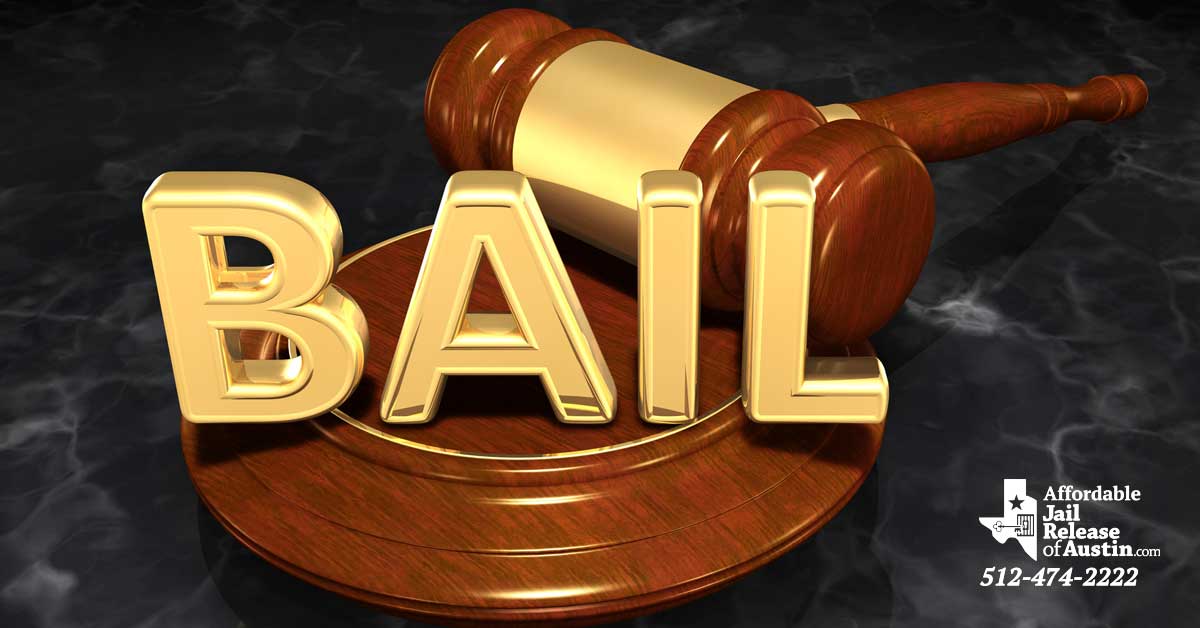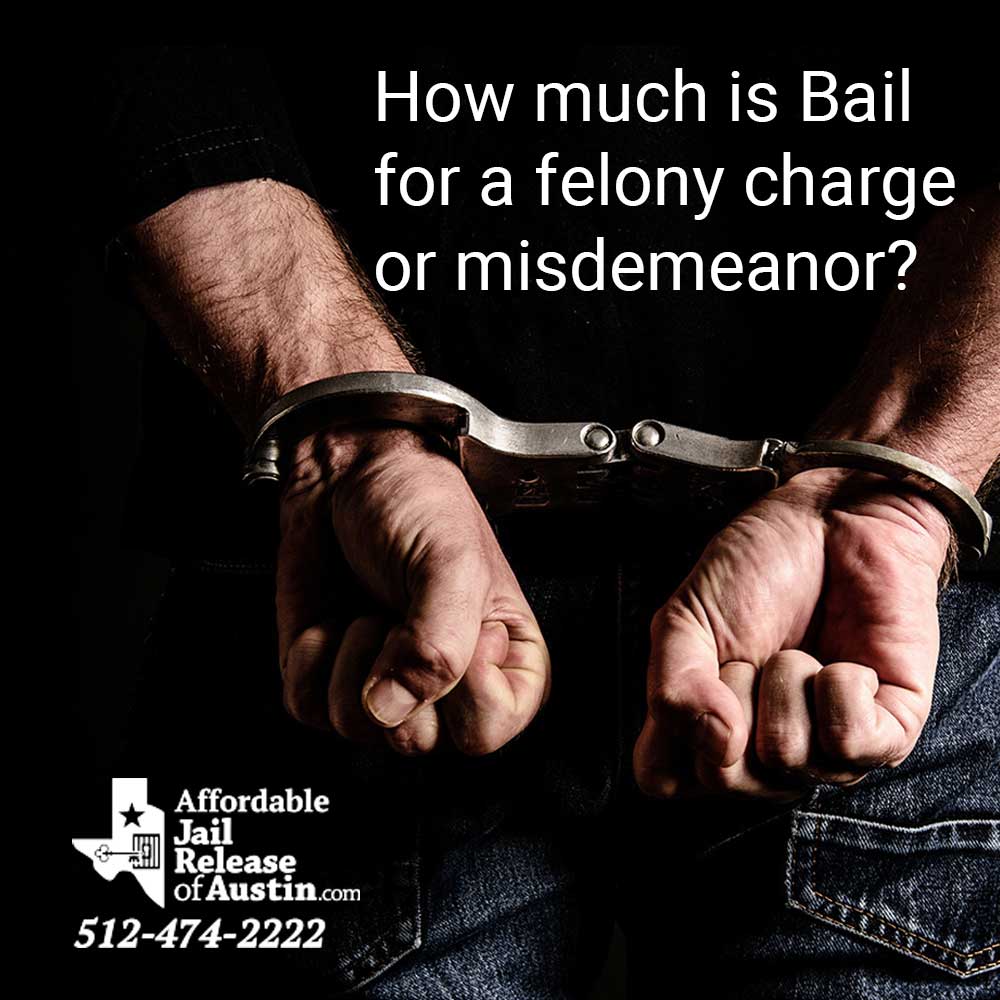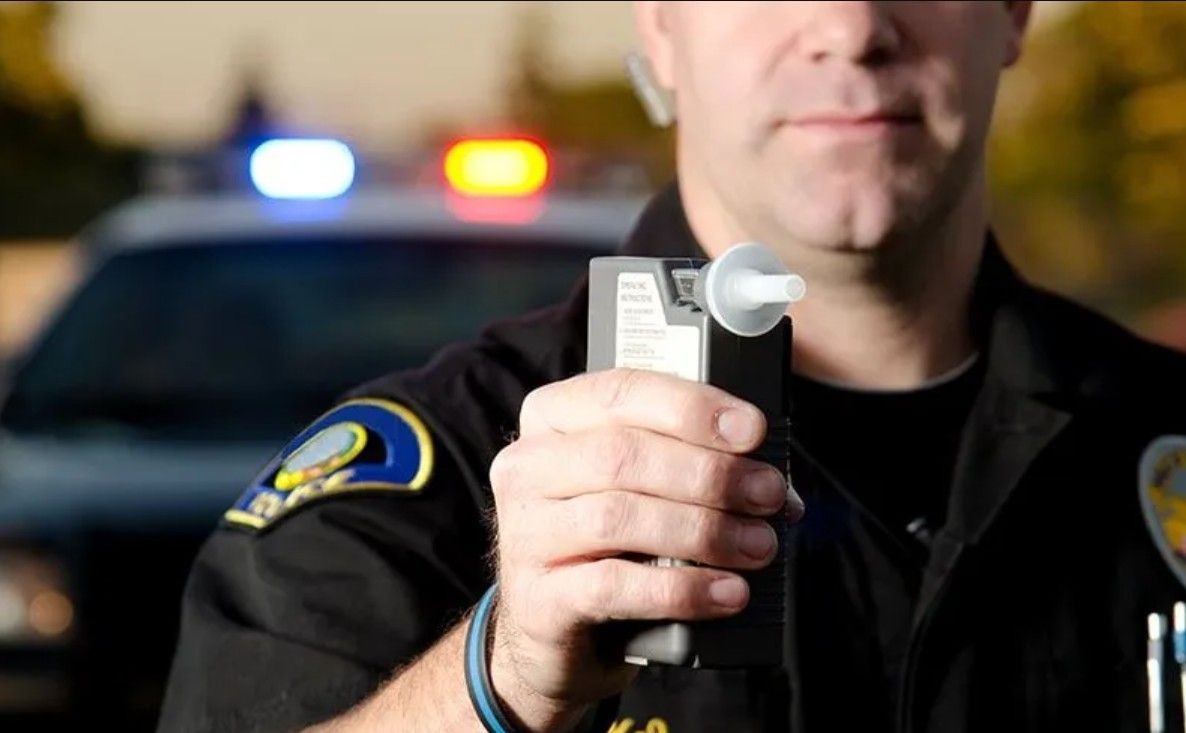What You Need To Know About Bail Bonds in Austin or Travis County
May 18, 2020
What You Need To Know About Bail Bonds
To most, the concept of bail bonds can be somewhat vague. You’ve probably just heard of it as a way to get a loved one or family member out of jail but the details and how to’s are beyond you. This is why we compiled below vital information you need to understand the process of obtaining a bail bond.
Bail is a general term used to refer to the money or other property deposited to the courts by someone charged of a crime to gain temporary freedom while awaiting trial. A bail bond on the other hand is a written promise made by the accused to appear before the court and answer all charges on the scheduled trial dates. It usually comes together with the bail which can be in the form of cash, properties or security (someone who promises to pay the amount on the accused’s behalf). Should the accused fail to comply with the conditions in the bail bond, the bail shall be forfeited.

Every state has its own bail bond system. In Texas, three types of bonds are allowed: personal, surety and cash bonds. A personal bond, also known as recognizance bond, doesn’t require monetary deposit from the accused. This usually applies not just to the minor but to serious charges as well and can be posted by a lawyer. It’s usually the most popular way of getting someone out of jail because it does not require a cosigner. A surety bond, on the other hand, is a type of bail paid by a licensed bail bond agent on behalf of the accused. The bail bond company charges their client a certain percentage of the total amount they paid to the court. If, however, the accused (or someone willing to pay for them) has enough cash to post the full amount of the required bail, a cash bond
is also an option. Under this, the accused can pay the bail by cash, money order or cashier’s check. The full amount is refundable upon completion of the trial.
Once a person is arrested, the arrestee usually needs to wait for the judge to decide during a court hearing how much the bail is or if the person even qualifies for a bail. Courts usually have preset bail amounts for common charges of misdemeanor, felony or driving under the influence. These amounts only serve as guides though since judges can always deviate from it depending on the circumstances of the case.
After the bail amount is set, the accused’s lawyer or representatives can then post the bond to the sheriff. The court will then issue a receipt to prove that the bail had been posted. If the accused qualifies for a personal bond, their lawyers should be able to take care of it right away. Once the bail bond deposit is made, the accused can then be subsequently released from custody.
The accused should comply with the conditions set forth in the personal bail bond and appear in court during scheduled hearings to avoid forfeiting the bail. When accused who are released under surety or personal bonds fail to turn up during hearings or violated any conditions in their bail bond, the bail bond agent or the individual shall then be responsible for paying the full amount to the court. The bail bond agent can then locate (sometimes with the help of a bounty hunter) the accused and bring them to court.
Need an
experienced defense lawyer? Contact us now to avail one of the most affordable jail release packages in Austin.

Every state has its own set of bail laws along with the corresponding suggested amount for different crimes. In Texas, bail bond amounts could differ from county to county. In Texas, a felony charge is classified into degrees depending on the severity of the crime committed: capital, first-degree, second-degree, third degree and state jail. Misdemeanors, meanwhile, have three categories: Class A, B and C. These classifications usually determine the penalty and consequently affect the amount of bail bonds for each individual crime.

In Austin personal bonds are applicable for any type of offense and these are the type of bonds that a criminal defense attorney like the Law Office of Morales in Austin offers to those in need. That way the money you spend to secure the bond can go towards your lawyer fees that you are going to have to shell out anyway.






